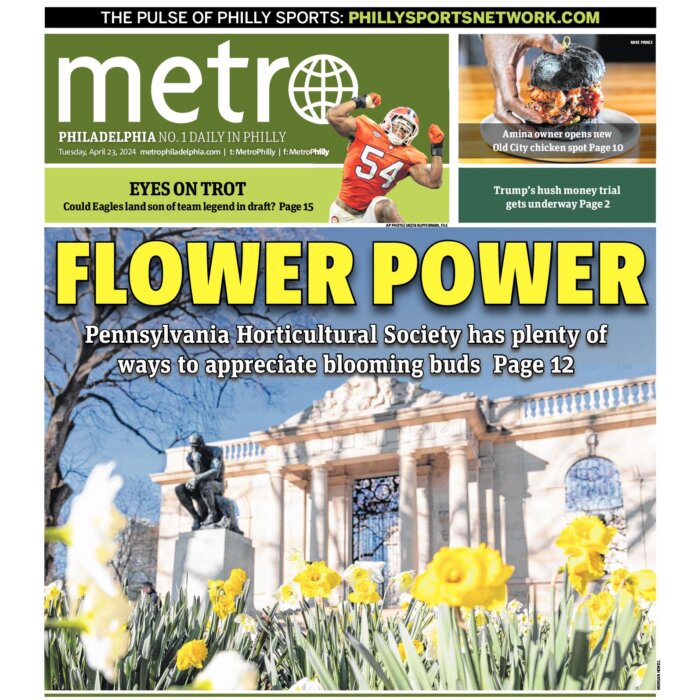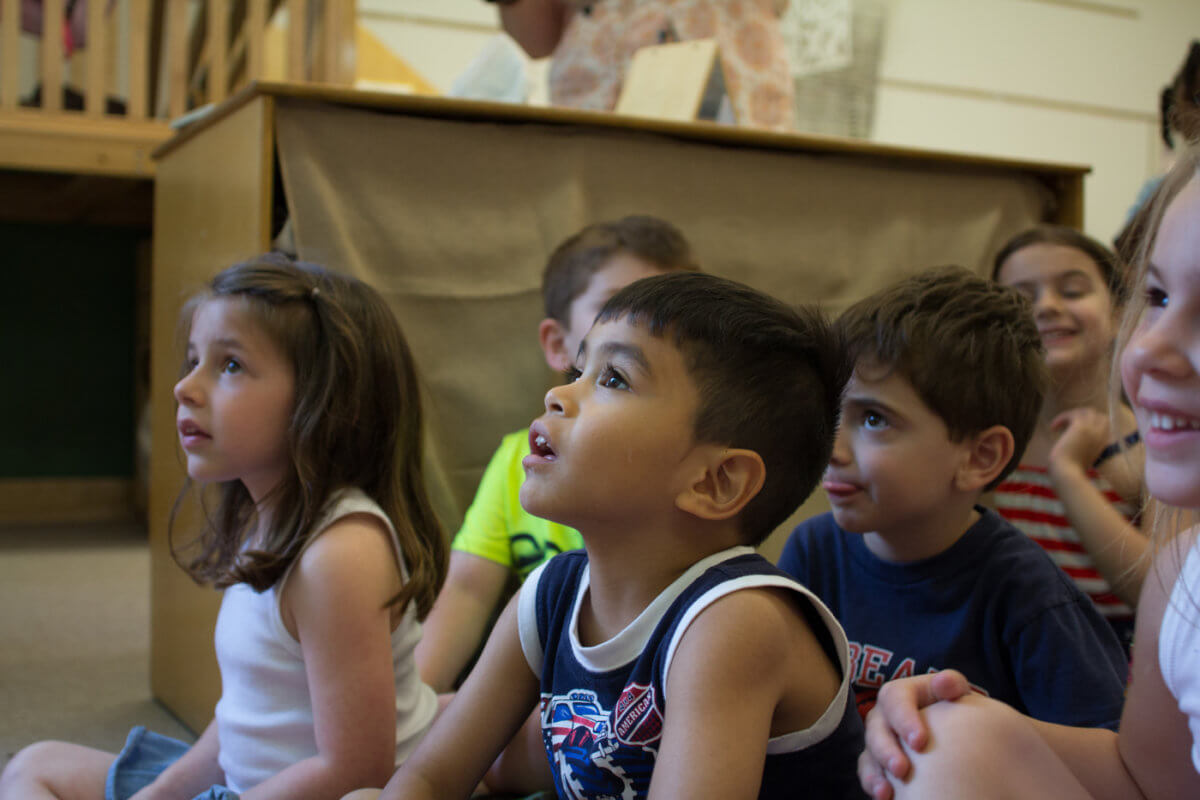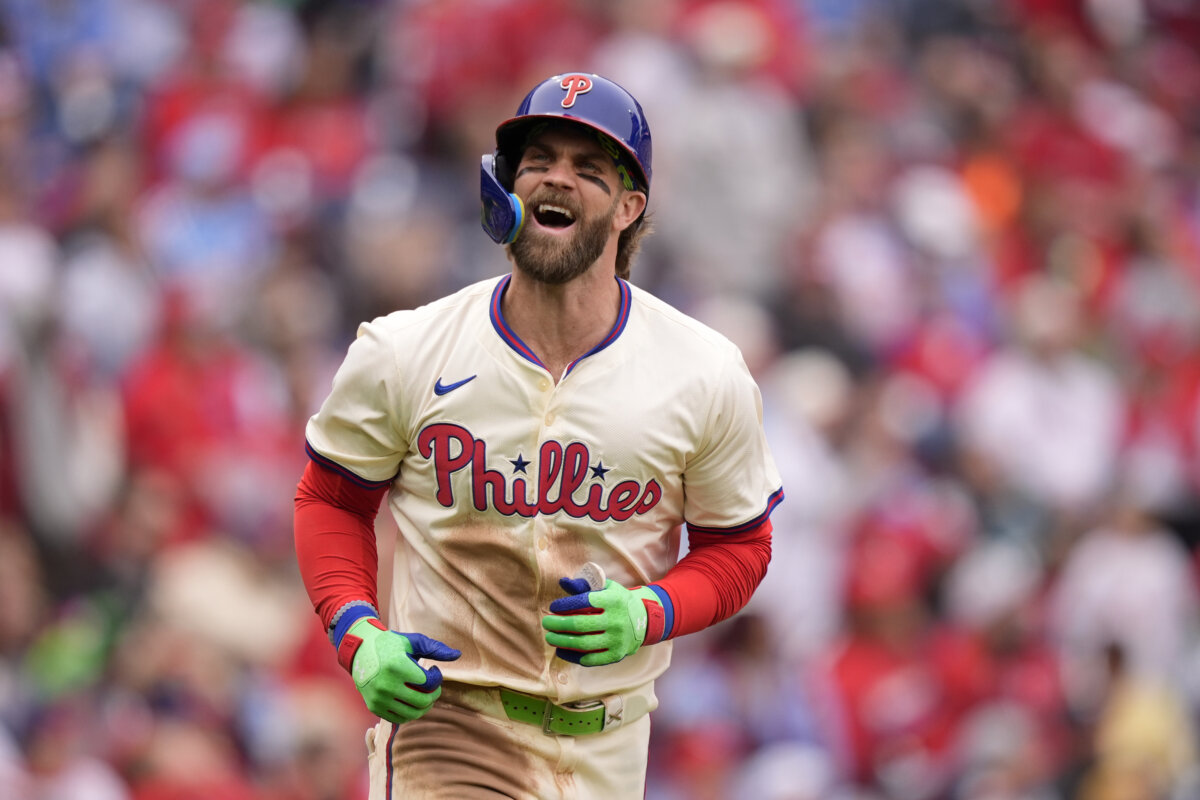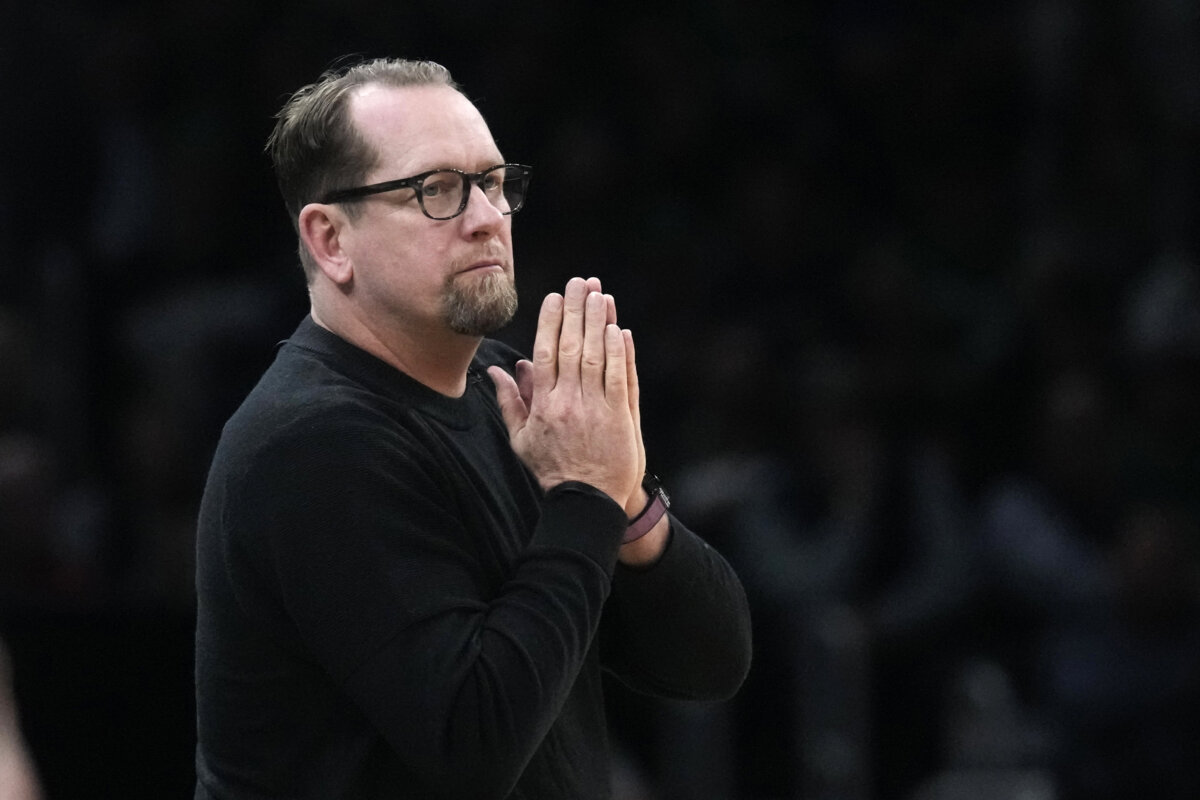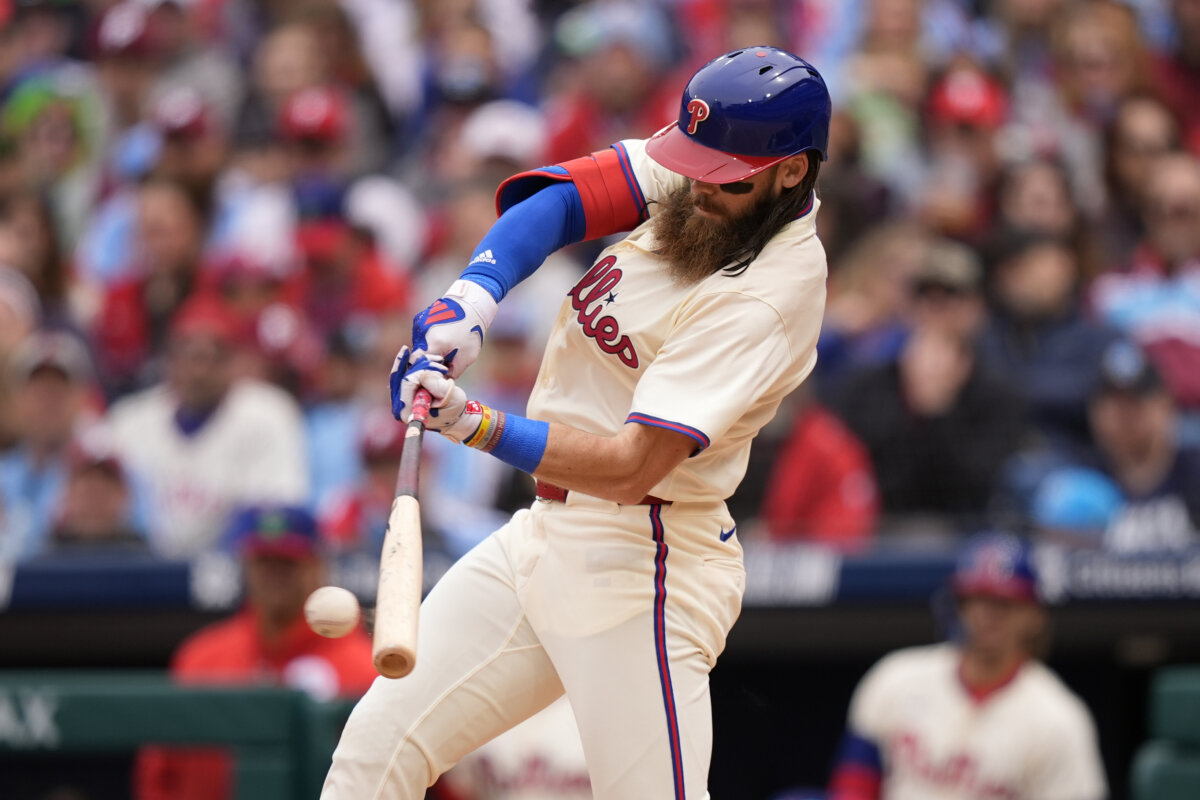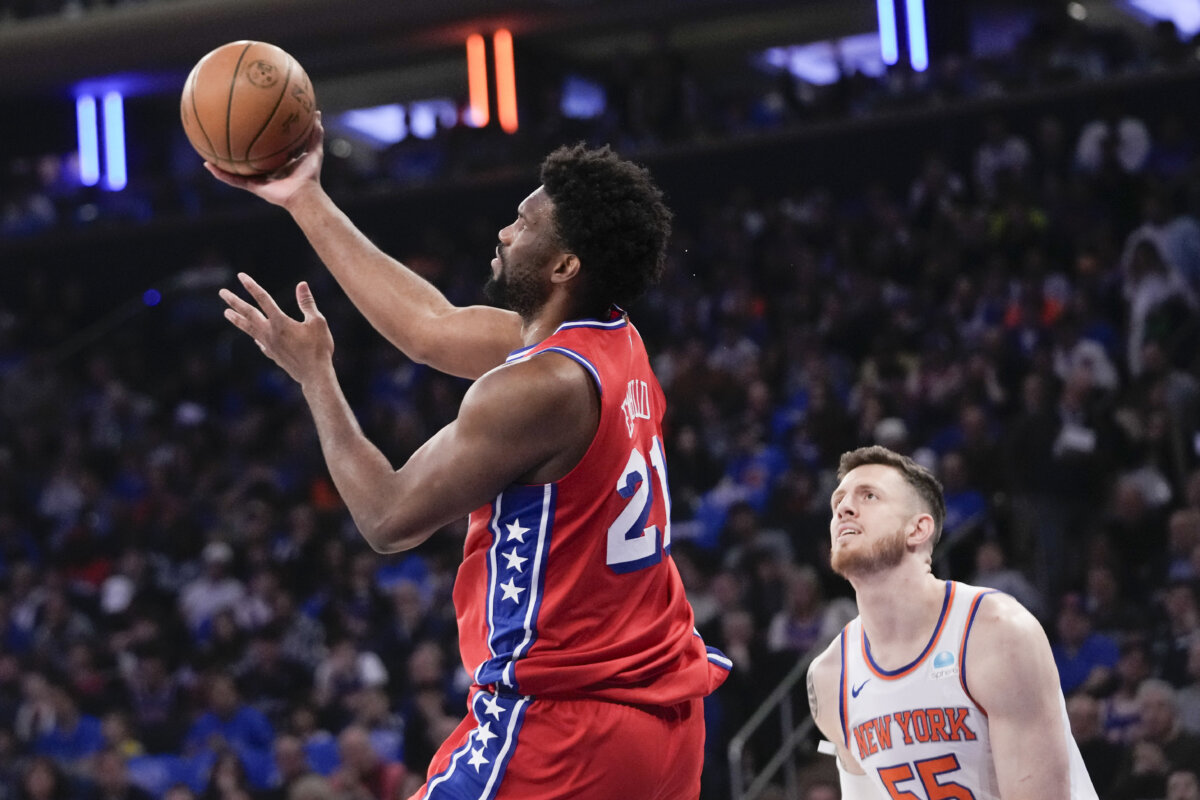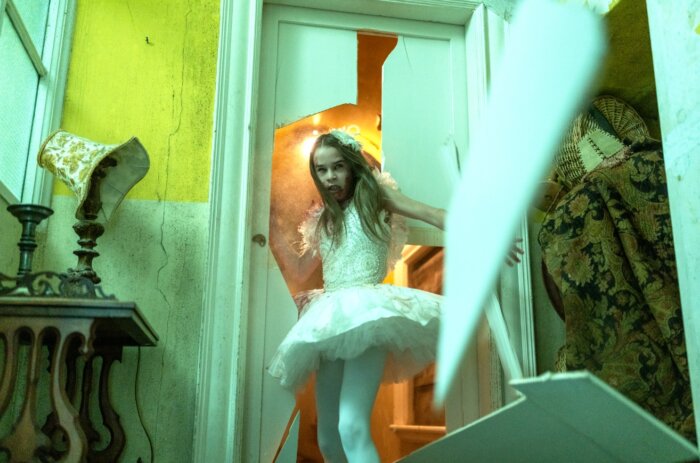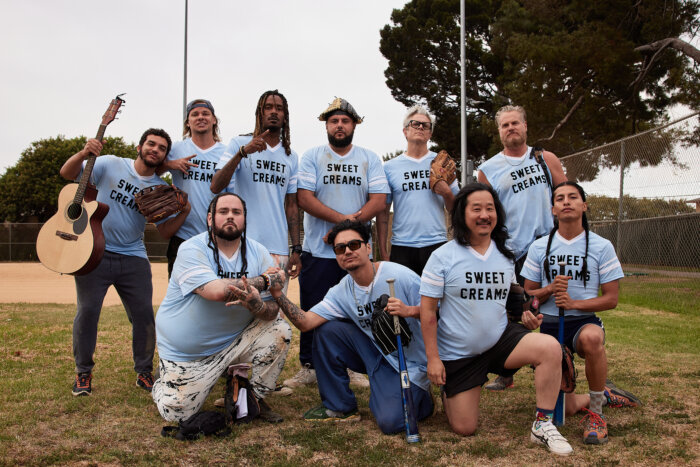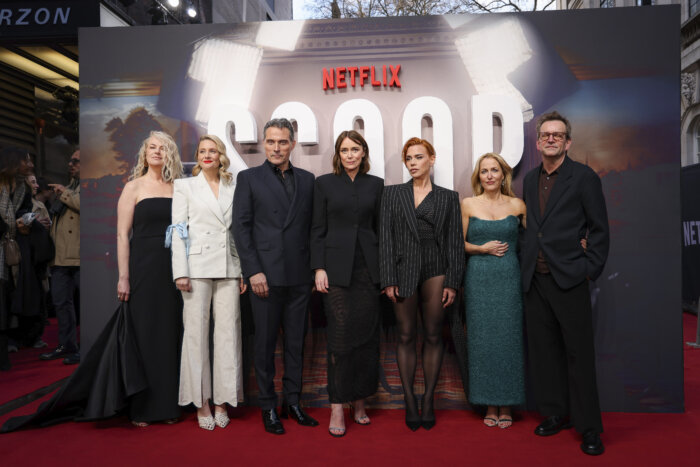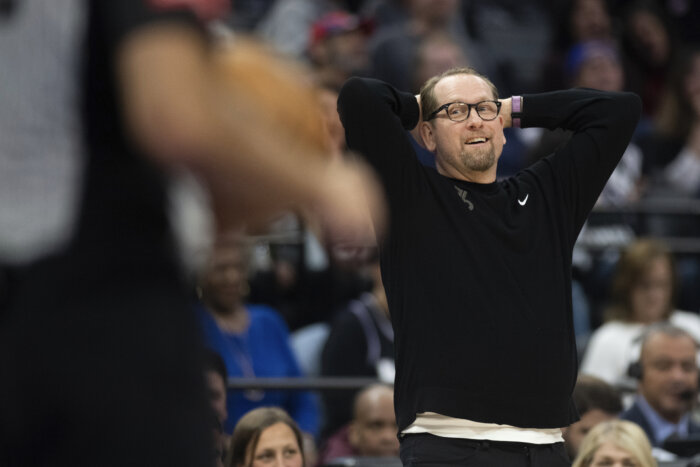The world has seen its fair share of crisis, especially in 2020, but the new documentary being released this Friday through VOD explores one that truly hits home for families. ‘No Small Matter’ is the first documentary to investigate early childhood education, something that is often overlooked, but is vitally important.
The first five years of a child’s life is wildly important developmentally, yet, nothing is really done to help families who can’t afford all of the resources they need to provide their own children with a solid foundation. That very issue and more riveting stats are explored through ‘No Small Matter.’
Rosemarie Truglio, Senior Vice President of Curriculum and Content at Sesame Workshop, appeared in the film and sat down with Metro to discuss more about the message of the film and to also pose the question of, “How do we get this documentary to be mandatory?”
When you first heard about this documentary, what made you want to be involved with it?
Well, I was thrilled to hear about this documentary because of its emphasis on the importance of early childhood development. For us to shine a light on this and to make not only parents but other stakeholders involved in having a better understanding of brain development and what our respective roles are as a parent, an educator, policy-maker or a community leader. What we have to do to help children during these informative years is just going to be the foundation, not only to get them ready for school, but these are life lessons and this is shaping their future. I was thrilled, and how I got involved is Sesame Workshop, which is all about these early years and developing. We are constantly looking at what are the educational needs and how do we adapt our whole child’s readiness curriculum to create content and to build these skills? That’s why the producers were connected with Sesame Workshop—we are so aligned.
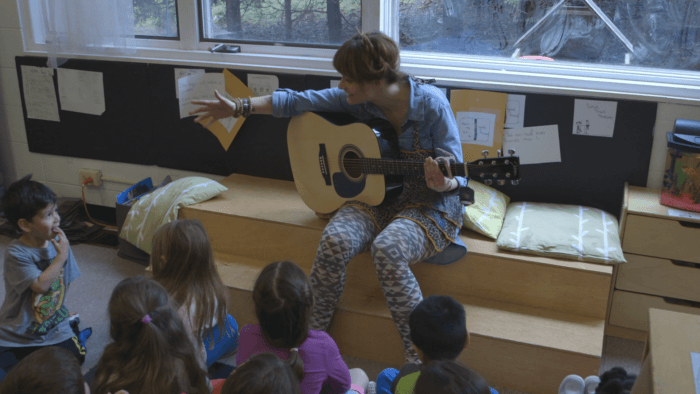
I found some very interesting points throughout the film that I had no idea about, certain statistics really stood out in my mind. Were there any facts that did the same for you?
What I love about the documentary is that we focus on individual families, because I think everyone has to put themselves in the shoes of parents today and to see parents struggle. Every parent wants to do the best for their child, but we have to be able to support them. So, to see the struggles of parents trying to find quality educational experiences in daycare or in Pre-K that they could afford is heartbreaking, because in our country, every child should have quality educational experiences where they’re safe and where they could develop this love of learning and these lifelong skills. Parents [need] to receive support and also [need to] learn more about parenting and the role they can do to extend the learning from this quality educational daytime experience, because it takes a village, right? And for these parents to be on their own is just so wrong, especially when we know about brain development these days. Knowing what we know from the science about the importance of neural-networking, [it] starts from the moment they’re born. They need to be in a stimulating environment to build those neural-networks, because if they’re not used, they can begin to be pruned and then you’re building your life on a weak foundation. Brain development is critical and the rapid development of the brain in the first five years is so important to work on those connections and they get developed through positive social interactions with an adult and play, [and] children need to play. Parents need a better understanding of what play could look like and how they can integrate learning through play.
What do you think about the timing of this film? With the pandemic, many families have had to make the shift to homeschooling and daycare facilities have also shut down.
I think it’s really important. I think parents are experiencing first-hand during this pandemic what they could be doing more of in terms of how they can utilize these everyday moments in their home to help their children learn these full readiness skills. I wrote this book called ‘Ready For School: A Parent’s Guide to Playful Learning for Children Ages 2-5,’ and the reason for this book is to help parents with these quick tips and a good understanding of what are developmentally appropriate activities that you can do throughout the day by engaging your child in play, or these learning moments such as cooking with your child or doing laundry with your child or how to read with your child. Parents need resources like that, because the film shows the importance of these parent-child interactions and early childhood education, but the book I just published is a how-to. I think that we have to shine a light on the importance, but then who is holding the parent’s hands and showing them what that looks like? What does it look like when you want the book you’re reading to be more of a stimulating experience and using the book to talk about feelings that the child might be having that day? How do you talk about science and math while you’re cooking? So, I think parents need both. They need to learn more about what’s happening with their child’s brain as it’s developing and why it’s important to have these rich, stimulating experiences to co-engage with their play or set up their play. They need more about the how-to’s.
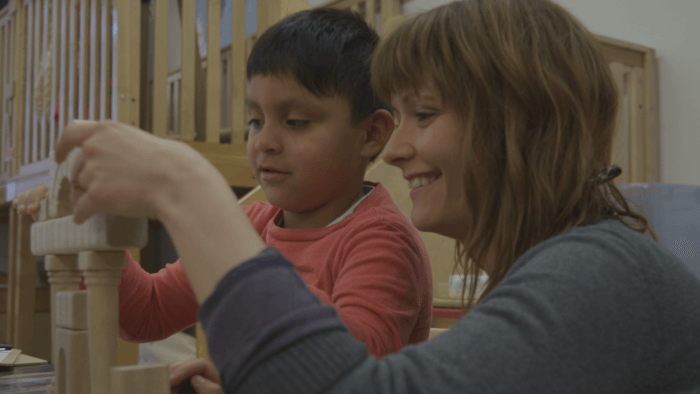
After watching this documentary, what discussions and solutions are you hoping are sparked regarding early childhood education?
Well, I hope that this is going to reach families and that families are going to start demanding this. When they are thinking about their elected officials, where is that candidate’s position on early childhood education? What is going to be done to help families be supported? The film shows that both parents need to be involved these days, it’s not possible to survive on a single salary and you see their struggles. You see one parent working the graveyard shift and another parent working in tandem and parents are doing the best that they can. Every parent wants the best for their children, but they need support and they need to have an understanding of what does quality daycare and pre-school education look like? We need to set some standardization so that when they are able to afford and look, what are they looking for and what are they demanding to raise the standards? That happens through education.
‘No Small Matter’ releases on VOD on June 26.
